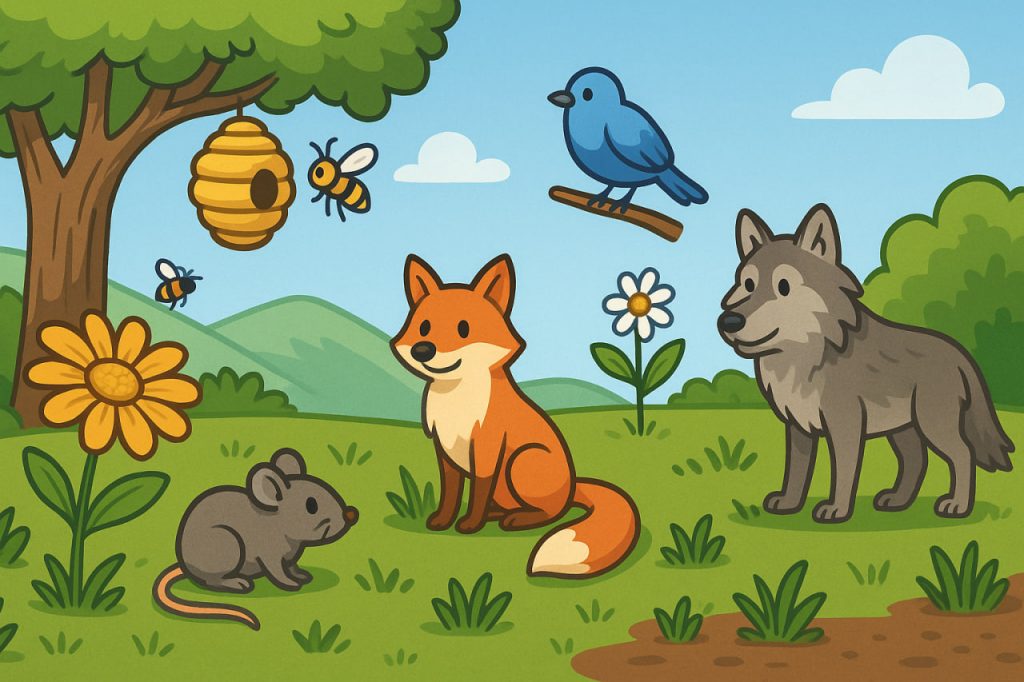An ecological niche is a fundamental concept in ecology that describes the role and position of a species within an ecosystem. It defines how a species interacts with its environment, including the resources it uses, the habitat it occupies, and its relationships with other organisms. Every species has a unique ecological niche, which allows it to survive, reproduce, and maintain its place in nature. Without niches, ecosystems would lack balance, and competition among organisms would be much greater.
Role in the Ecosystem
An ecological niche is not just the physical space a species lives in, but also the role it plays. For example, bees occupy a niche as pollinators, helping plants reproduce while feeding on nectar. Wolves act as top predators, regulating populations of herbivores and maintaining ecosystem stability. Each species contributes to the functioning of its ecosystem, making niches vital to biodiversity and balance.
Components of a Niche
The niche of a species includes several factors: food sources, habitat conditions, activity periods, and interactions with other species. Some niches are highly specialized, meaning the organism relies on very specific conditions or resources, such as the koala feeding almost exclusively on eucalyptus leaves. Other species, like rats or crows, have broad niches and can survive in diverse environments, which makes them highly adaptable.
Niche Differentiation and Competition
When two species attempt to occupy the same niche, competition arises. According to the principle of competitive exclusion, no two species can permanently share the exact same niche in the same place. Over time, one species adapts to use different resources or is outcompeted and replaced. This process, known as niche differentiation, allows ecosystems to support a wide variety of species without direct conflict over identical resources.
Niches and Environmental Change
Environmental changes, such as climate shifts or habitat destruction, can alter the niches of species. Some organisms adapt by shifting their niches to new conditions, while others may face extinction if they cannot adjust. For example, polar bears depend on sea ice for hunting, and as ice melts, their ecological niche is shrinking, threatening their survival. This highlights how fragile some niches can be in the face of rapid environmental changes.
Conclusion
An ecological niche is the unique role a species plays in its ecosystem, involving its habitat, food sources, interactions, and survival strategies. By filling different niches, species coexist and maintain ecological balance. Understanding ecological niches is essential for conservation efforts, as protecting the roles of species ensures the stability and diversity of ecosystems worldwide.
Glossary
- Ecological niche – the role and position of a species in an ecosystem, including its habitat, food sources, and interactions.
- Biodiversity – the variety of life in an ecosystem, including different species and their roles.
- Competitive exclusion – the principle that no two species can permanently occupy the same niche in the same habitat.
- Niche differentiation – the process by which competing species use different resources to reduce competition.
- Ecosystem – a community of living organisms interacting with each other and their physical environment.


